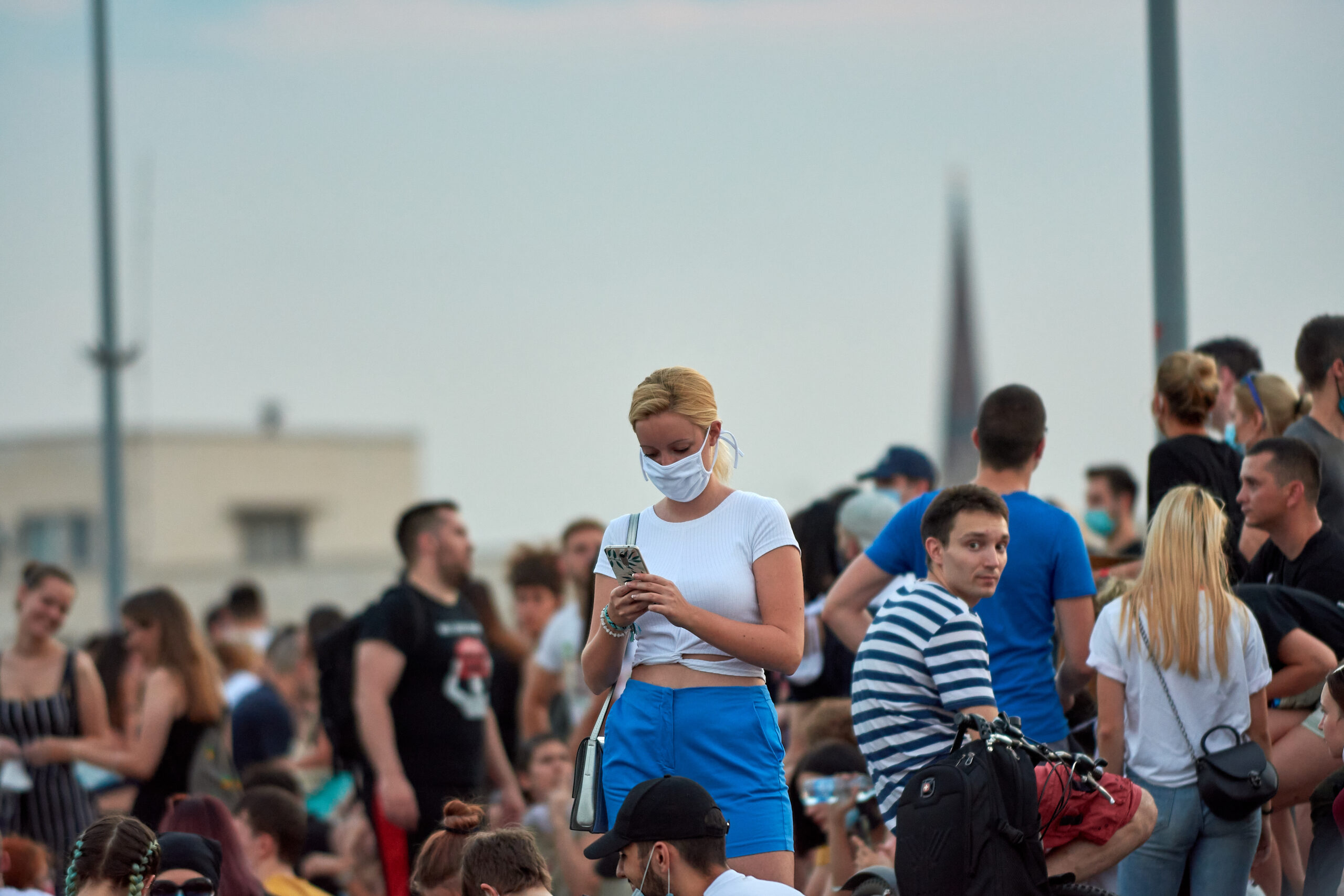Our societies today are characterised by ‘epistemic instability’, where previously shared truths are increasingly scrutinised and contested (Harambam, Gramsci). In the context of the Covid-19 pandemic, our responsibilities for one another’s safety and security became a particularly contentious area for public debate. Global lockdowns attempted to protect societies at large but at the same time produced an unprecedented sense of disconnection. Screen-based media became central to our experiences of other coeval crises from mass-migrations to national and armed conflicts, human rights violations, racial oppression, and sexual violence.
Although the concept of ‘witnessing’ has been widely theorised regarding memories and heritages of conflicts and events of mass-suffering (e.g., Agamben, Hartmann), it remains a significant concept, which can help readdress present-day socio-cultural discourses. This conference sets out to explore the crisis of witnessing as well as the individual and collective positions and responsibilities of the witness in times of crisis: How can various aspects of witnessing across disciplines and contexts enrich our understanding of our realities? And how do current changes to mediums of witnessing (both physical and digital) impact the way we receive, experience and share information? This interdisciplinary conference invites proposals for papers and panels which explore the potential roles and responsibilities of witnesses and the uses of different mediums of witnessing such as life-writing, memoirs, photographs, epistolary exchanges, newspapers, testimonies, legal hearings, art, video, or social media, which reflect upon memory and heritage in today’s societies.
Topics include, but are not limited to:
- Media, Genre, and Production: literary and filmic witnessing ; life writing genres (autobiography, memoirs, letters, ethnography, etc.) testimonial writing; urban art (aesthetic interventions, performance, activism, monuments, and anti-monuments); digital storytelling (multimodal stories, podcasts).
- Trauma : historical memory (spectral spaces, haunted geographies, memorialisation) ; collective memory ; oral history; healing and recovery (survivor groups, support groups, activist groups, public mourning).
- Truth and Reconciliation: cultures of redress (personal, collective) ; political persecution and torture ; challenges of truth and reconciliation commissions; juridical testimony.
- Pedagogy and Civic Engagement: culture of acknowledgement ; human rights and social justice/ social activism and awareness; methodologies and pedagogies of witnessing
Applications should include:
- a brief academic bio (including name, affiliation/status, and research interests; max. 100 words)
- a short abstract of the paper to be presented (max. 250 words).
Applications can be submitted by 1 April 2022 to ahmconference2022@gmail.com.
Please note that the conference papers will be published by Amsterdam University Press. We therefore ask that the selected papers must be written and re-submitted in full length (max. 4000-5000 words including notes and references) by 20 May 2022.
Conference Fees:
The conference fee is €50 for employed academics and €10 for students. Speakers are expected to arrange accommodation and transport on their own; we will offer suggestions for hotels and other practical information. More information on registration and payment will become available through this website in the coming weeks.
About the Amsterdam School for Heritage, Memory and Material Culture (AHM)
AHM fosters dynamic, interdisciplinary and transnational research of heritage and memory, organises PhD training, seminars, reading groups, workshops, public debates, and international conferences, and stimulates scholarly cooperation in an international setting.
The school brings together researchers working in diverse areas and fields heritage and memory studies, cultural studies, museum studies, archaeology, and material culture, art history, media, conservation and restoration, archival studies, digital humanities, postcolonial and performative studies, religious studies, music and theatre studies, conflict and identity studies, Slavonic languages and cultures, Holocaust and genocide studies, European memory studies, Middle Eastern studies, and cultural, public and oral history.
For more information about AHM please visit the website.





